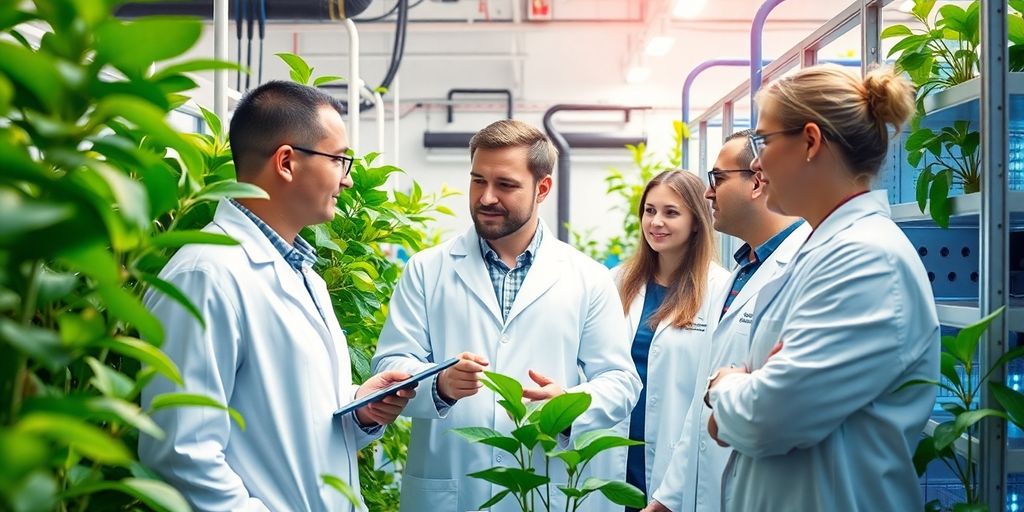Researchers at Deakin University in Victoria, Australia, have made a groundbreaking advancement in eco-friendly technology by developing a new material that could replace harmful greenhouse gases used in refrigeration and air conditioning systems. This innovative solution aims to mitigate the environmental impact of traditional cooling methods, which often rely on hydrofluorocarbons (HFCs) that are thousands of times more potent than carbon dioxide in terms of global warming potential.
Key Takeaways
- New Material: Development of "plastic crystals" as a potential refrigerant.
- Environmental Impact: Aims to eliminate the use of HFCs in cooling technologies.
- Research Significance: First barocaloric materials effective at domestic refrigeration temperatures.
The Problem with Traditional Refrigerants
Most cooling technologies currently utilize hydrofluorocarbons (HFCs), which absorb heat but also release greenhouse gases into the atmosphere. These gases have been identified as significant contributors to climate change, prompting researchers to seek alternatives.
HFCs gained popularity in the 1990s and 2000s after the phase-out of chlorofluorocarbons (CFCs) due to their ozone-depleting properties. However, the 2016 Kigali Amendment targeted HFCs for phase-out due to their high global warming potential. Despite these efforts, recent studies indicate that atmospheric levels of HFCs are much higher than previously reported, raising concerns about their continued use.
The Breakthrough: Plastic Crystals
The research team, led by Professor Jenny Pringle at Deakin University’s Institute for Frontier Materials, has developed a new class of materials known as barocaloric materials. These plastic crystals can absorb heat when their molecular structure transitions from an ordered to a random state. This process has been demonstrated in laboratory settings, but the team claims to have created the first barocaloric materials that can operate effectively at temperatures suitable for domestic refrigeration.
However, there are still challenges to overcome. The current iteration of the plastic crystals requires high pressures to function, which limits their practicality for everyday use. Professor Pringle emphasized the need for materials that can achieve the barocaloric effect with lower applied pressures, which would enable more energy-efficient cooling solutions.
Future Implications
The development of eco-friendly refrigerants is crucial in the fight against climate change. As the global community continues to phase out HFCs, the need for sustainable alternatives becomes increasingly urgent. The research from Deakin University represents a significant step forward in this endeavor, with the potential to revolutionize the cooling industry.
Conclusion
As researchers continue to refine these plastic crystals and address the challenges associated with their application, the future of cooling technology looks promising. The shift towards eco-friendly refrigerants not only aligns with global sustainability goals but also paves the way for innovative solutions that can significantly reduce the environmental impact of refrigeration and air conditioning systems.












